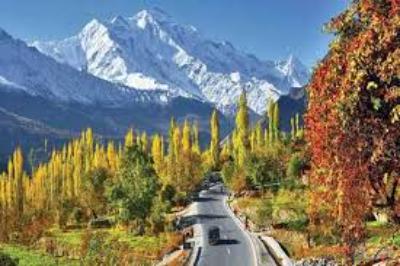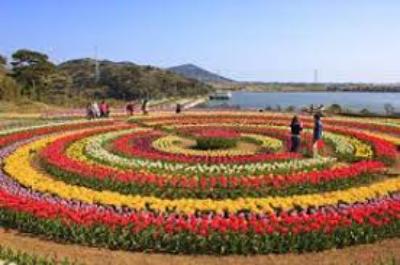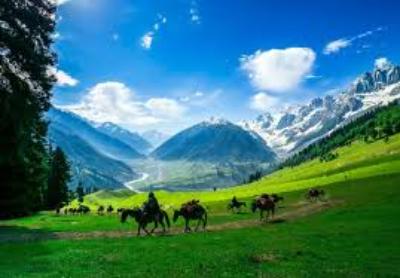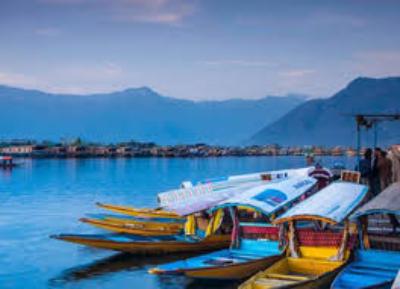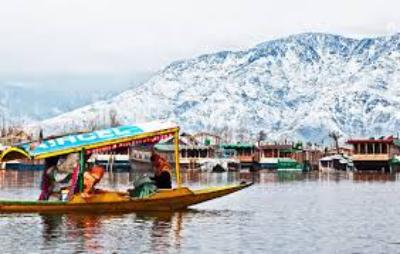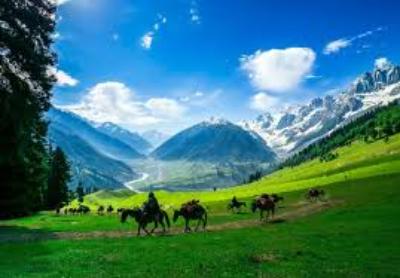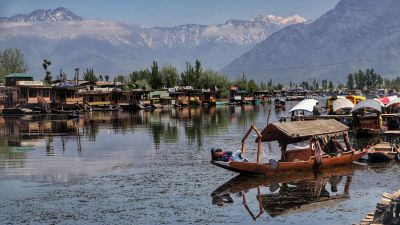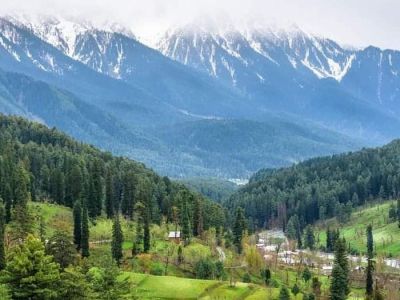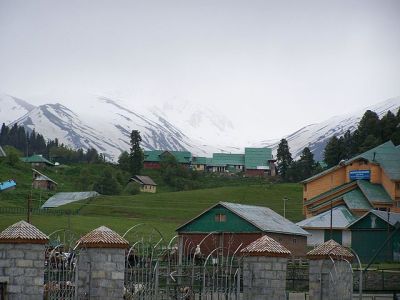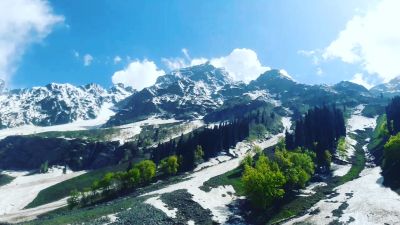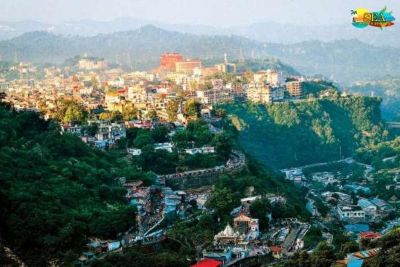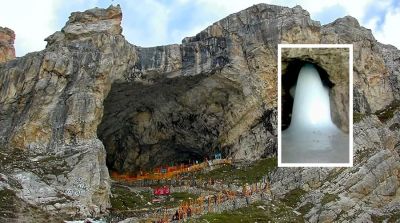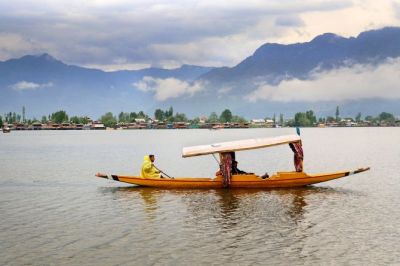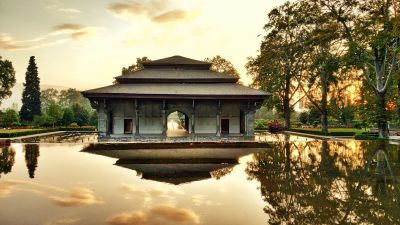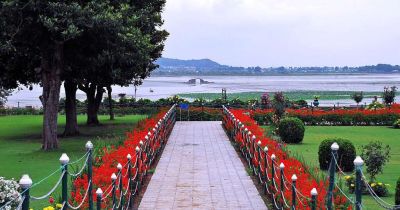Srinagar: The Summer Capital of India through History Lens
Srinagar: The Summer Capital of India through History Lens
Srinagar, the summer capital of India, is a destination that effortlessly captures the heart of every traveler. Nestled between the majestic Himalayan ranges, this beautiful city in Jammu and Kashmir is known for its breathtaking landscapes, stunning lakes, and vibrant culture. But beyond its natural beauty, Srinagar has a rich historical heritage that tells tales of the past. In this blog post, we will take a journey through the history of Srinagar and explore the fascinating stories behind its iconic landmarks.
The Origins
The history of Srinagar can be traced back to the 3rd century BC when it was originally known as "Srinagari." It was founded by Emperor Ashoka, one of India's greatest rulers, who built many of the city's magnificent temples and gardens. Over the centuries, Srinagar flourished as a major center of art, culture, and trade in the region. It was a coveted destination for travelers and traders from across Central Asia.
The Mughal Era
The Mughal era in Srinagar's history began in the 16th century when Emperor Akbar the Great annexed the region and made it a part of the Mughal Empire. The Mughals were charmed by the exquisite beauty of Srinagar and left an indelible mark on the city's architectural landscape. During their rule, the Mughals built several landmarks, including the stunning Shalimar Bagh and Nishat Bagh gardens, which are still popular tourist attractions today.
The Mughal influence also extended to the city's cuisine, with dishes like Rogan Josh and Kashmiri Pulao becoming synonymous with Srinagar's culinary heritage. The Mughal Gardens and the Mughal Road, which connected Srinagar to the rest of the empire, are testaments to the city's importance during this period.
The British Raj
In the 19th century, Srinagar came under British rule as part of the Princely State of Jammu and Kashmir. The British were fascinated by the city's tranquil beauty and made it their summer capital, leading to the construction of the iconic Dal Lake and the houseboats that dot its waters. The British Raj brought with it modern infrastructure, including the famous bridges and canals that crisscross Srinagar.
During this time, Srinagar also became a popular destination for British officers and soldiers seeking respite from the scorching heat of the Indian plains. The city's gentle climate and stunning vistas made it a perfect getaway, and many British residents built sprawling colonial-style houses that still stand today as reminders of the Raj.
The Independence Era
With India gaining independence in 1947, Srinagar became the summer capital of the newly formed state of Jammu and Kashmir. The city played a crucial role in the political and social landscape of the region during this period. However, the partition of India and the ongoing conflict between India and Pakistan have also left their mark on Srinagar's history.
Despite the challenges, Srinagar has emerged as a symbol of resilience and beauty. The city's historical landmarks, such as the grand Hazratbal Shrine and the historic Hariparbat Fort, stand as reminders of its glorious past. The rich blend of cultures and traditions in Srinagar continues to enchant visitors from all over the world.
Conclusion
Srinagar, the Summer Capital of India, is not just a place of stunning natural beauty but also a city with a rich history that dates back centuries. From the ancient temples and gardens built by Emperor Ashoka to the Mughal era landmarks and the colonial heritage of the British Raj, Srinagar's history is a tapestry of cultures and influences. Exploring the city through a historical lens allows us to appreciate the depth and diversity of its past.
So, the next time you visit Srinagar, take a moment to immerse yourself in its history. Visit the iconic landmarks, taste the delicious cuisine, and experience the vibrant culture that has evolved over centuries. Srinagar will not only leave you spellbound with its natural beauty but also transport you back in time to a bygone era.
Don't forget to share this blog post with your friends and fellow travel enthusiasts, and let them discover the allure of Srinagar's history!
Disclaimer : The information provided in this blog is for general informational purposes only. While we strive to keep the content accurate and updated, TravelSetu assumes no liability for errors or omissions. If you believe any part of this blog infringes your rights or causes concern, please notify us immediately at info[at]travelsetu[dot]com so that appropriate action can be taken.
